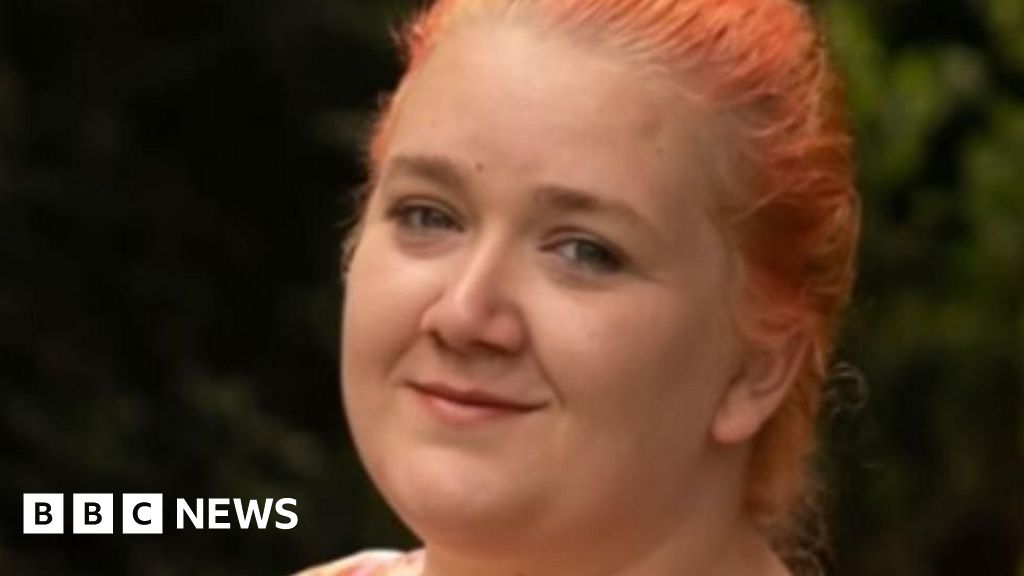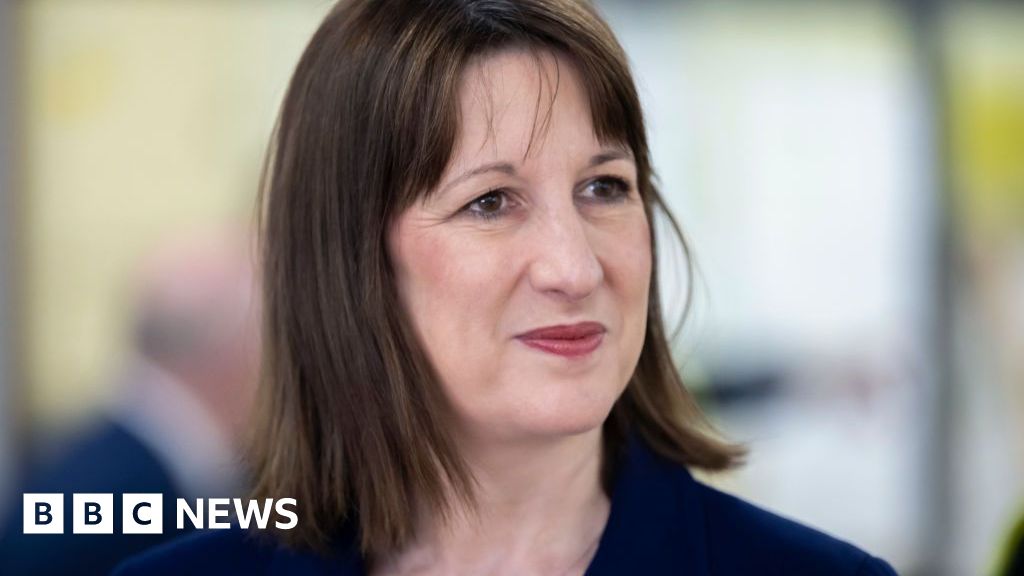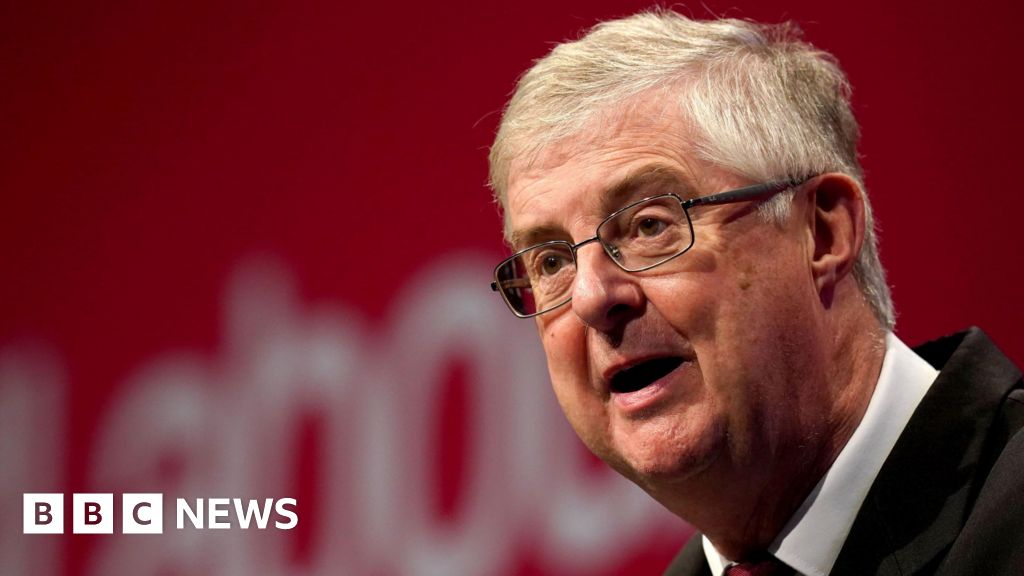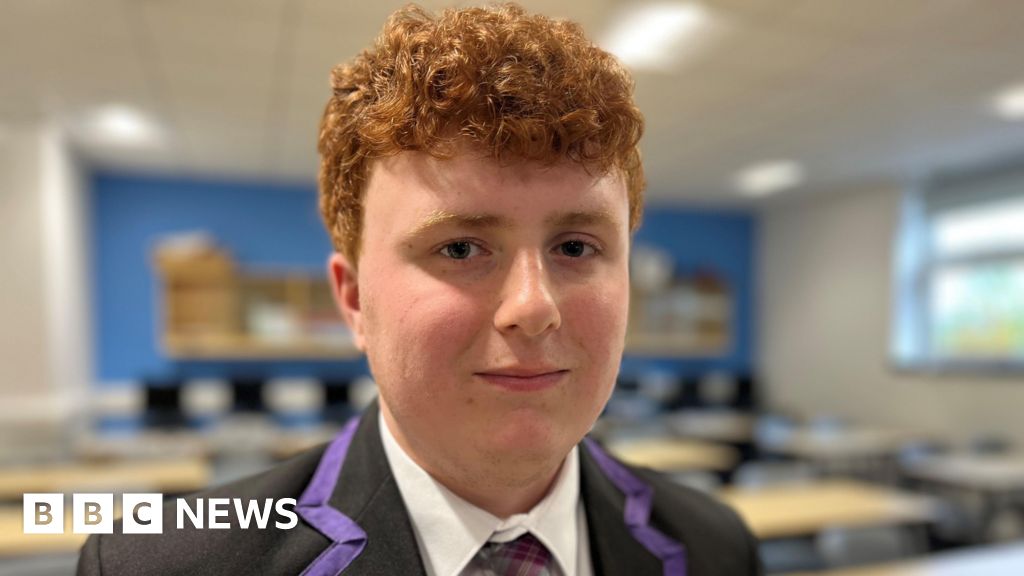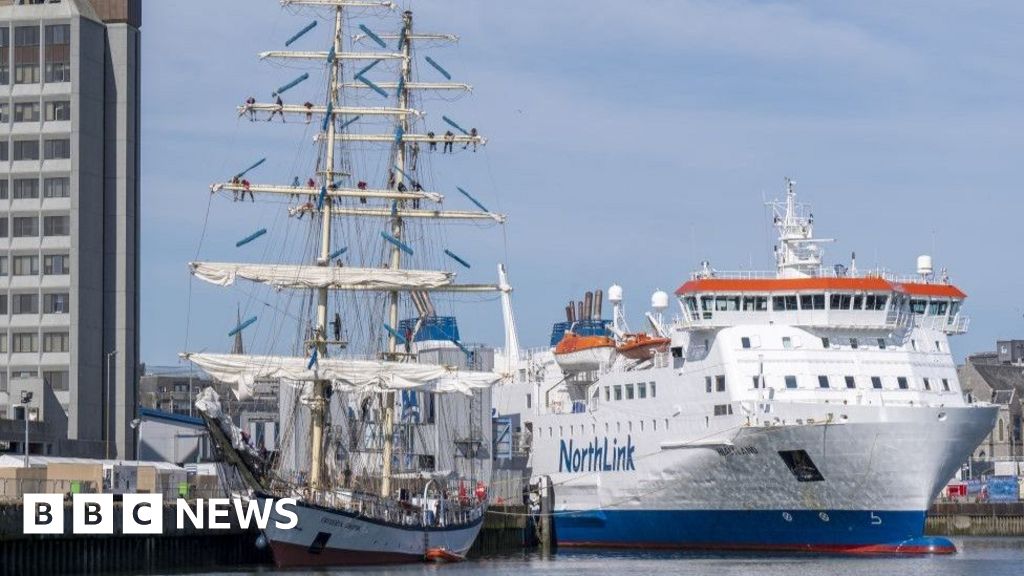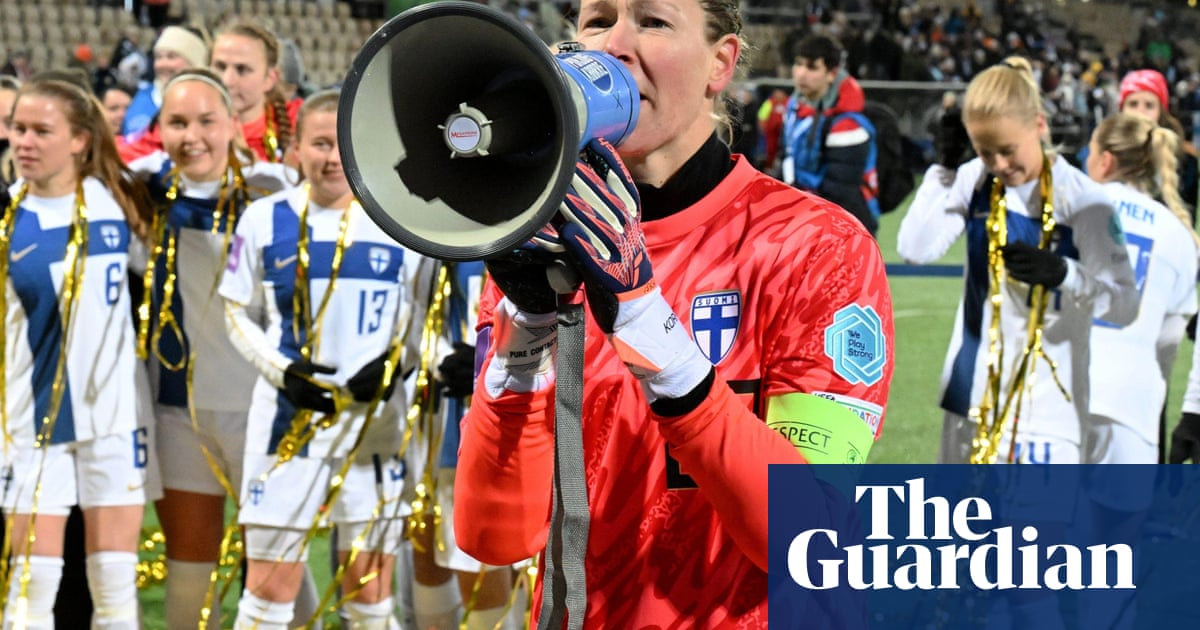
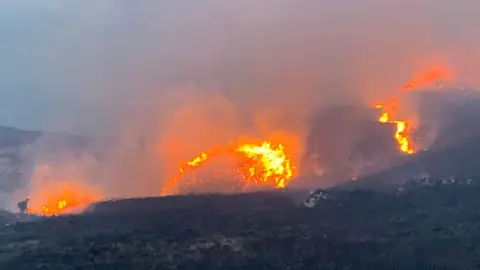 Scottish Gamekeepers Association
Scottish Gamekeepers Association
More than 200 wildfires have broken out across Scotland this year
A multi-agency meeting is being held in the Highlands to look at the devastating impact of this summer's wildfires, described as the biggest in living memory.
They included huge blazes at Carrbridge and Dava in the Cairngorms national park lasting a number of days which caused major damage both to wildlife and the rural economy.
The Scottish Fire and Rescue Service (SFRS) said this year had presented an "unprecedented" wildfire risk, with more than 200 incidents across the country.
The summit in Grantown, hosted by the Scottish government, will look at ways to improve resilience and prevent future outbreaks.
It will be attended by representatives from the SFRS, NatureScot, Scottish Land and Estates and other land management and environmental groups.

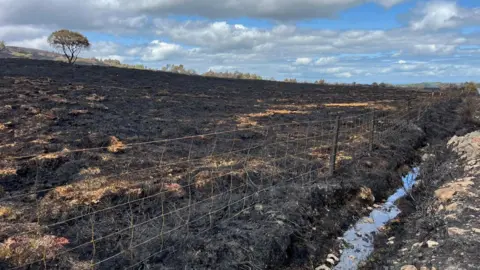
The blaze at Dava caused devastation to the landscape and wildlife
What causes wildfires?
Wildfires can be started by natural events such as lightning, but firefighters believe human activity is almost always to blame - with campfires, barbecues or discarded cigarettes among the common causes.
Climate change is also considered a likely factor with unusually dry conditions this year creating tinder dry vegetation which fuelled the fires.
A more controversial debate is whether muirburn is a contributing factor.
Muirburn is the deliberate burning of moorland vegetation, such as heather, which promotes new growth for grazing animals and encourages grouse to nest.
Ross Ewing, from Scottish Land and Estates, believes muirburn, when done properly, actually reduces the risk of wildfires by removing combustible material.
"The Scottish Fire and Rescue Service has been clear for a number of years that muirburn is not the primary cause of wildfires in Scotland," he told the BBC's Good Morning Scotland programme.
"There are a number of other reasons, usually campfires that go wrong."
He said the Dava wildfire was "unprecedented" and devastating, covering an enormous area and producing huge amounts of the greenhouse gas carbon dioxide, so it was in everyone's interest to tackle the issue.

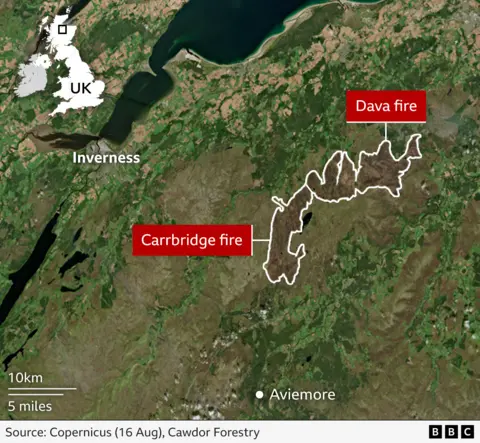
Large areas of the Highlands were affected by the summer's wildfires
The Scottish government had legislated for a new licensing scheme for muirburn - but its implementation has twice been delayed and will not now come into force until the autumn of 2026.
Agriculture Minister Jim Fairlie denied "caving in" to land managers, saying he wanted to ensure the new rules were workable before enforcing them.
He said that while it's not a "silver bullet", the new scheme would make a difference.
"People will have the proper training, they will be burning in the right place, they will be burning at the right time, they will be doing proper cool burn - so they won't be burning when it's too dry and letting fires get away," he said.
Fairlie, who is chairing the summit along with Community Safety Minister Siobhian Brown, said he was in no doubt that poorly-conducted muirburn was a factor.
"Literally about eight or nine hours after I announced we were going to delay the new licensing scheme until next year, somebody lit a muirburn which got away."
The summit will also consider the types of training and equipment required by firefighters to access remote areas and tackle such fires, including protective clothing and fogging units.
Brown said that, in the aftermath of this summer's blazes, ministers had already "engaged closely" with SFRS, local communities and other groups.
She added: "We continue to support the full implementation of the SFRS wildfire strategy, which will see the continued roll-out of new equipment, vehicles and personal protective equipment."

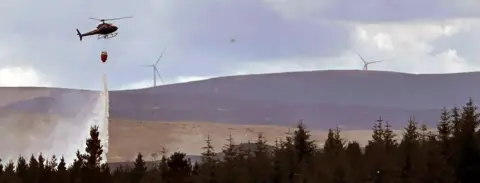
Water was used to try to douse the fires in the summer
In parts of the Highland landscape this year's fires penetrated deep, burning away peat that would have formed thousands of years ago.
Colin McClean, land manager of the Cairngorms National Park Authority, said it would have a long-lasting impact on the natural environment.
He said the park was introducing "clear, practical measures" to reduce wildfire risk and said the summit was an opportunity for "critical conversations" on mitigation and management.
The SFRS said it would continue to work closely with "partners, landowners and communities in both our response and, importantly, to help prevent wildfires".
SFRS assistant chief officer Jon Henderson added: "This year Scotland has faced an unprecedented scale of wildfire risk.
"Wildfires can employ a significant amount of our resources, they also have the potential to burn for days and devastate vast areas of land and wildlife."
He said the SFRS welcomed the opportunity to participate in the summit.
.png)
 4 hours ago
1
4 hours ago
1
